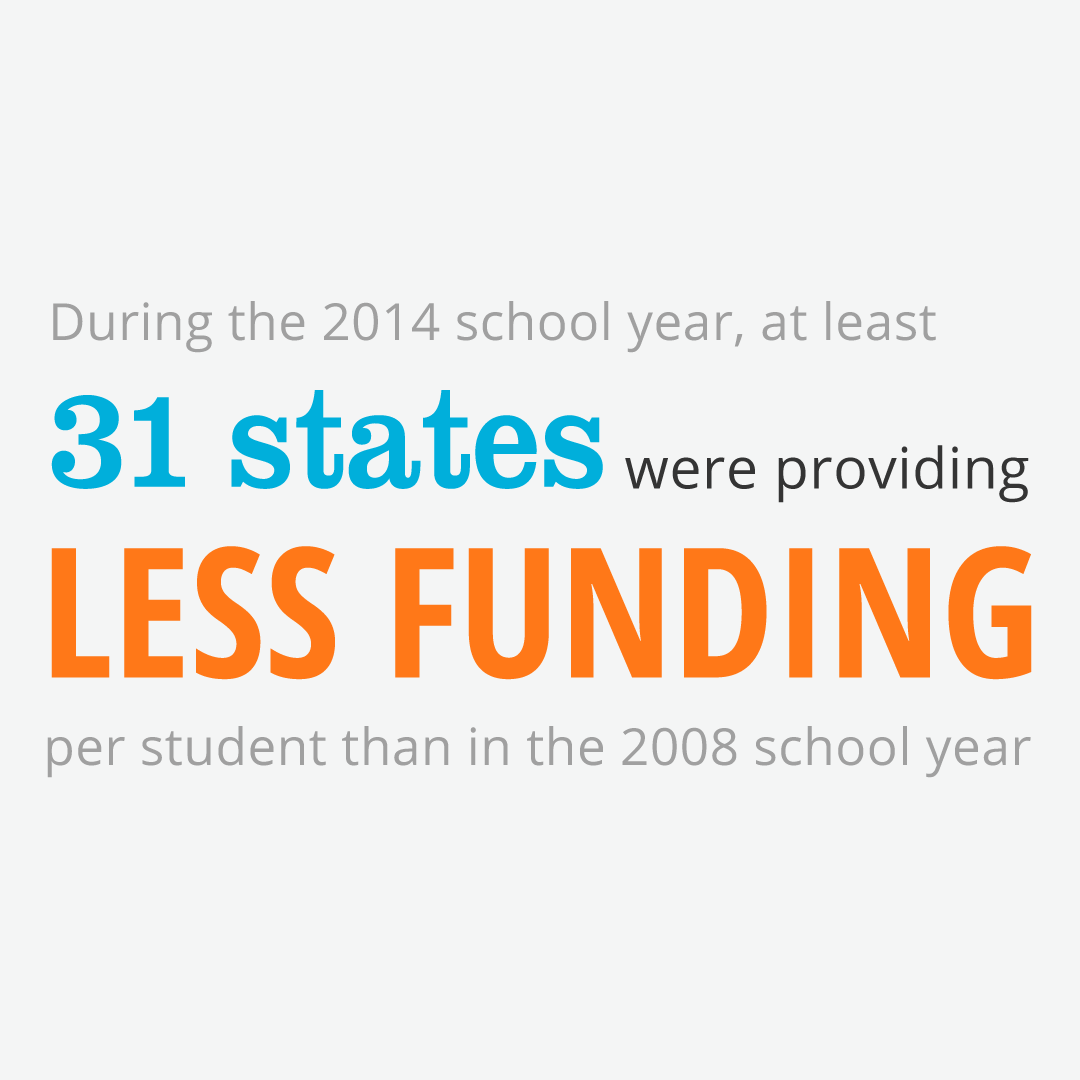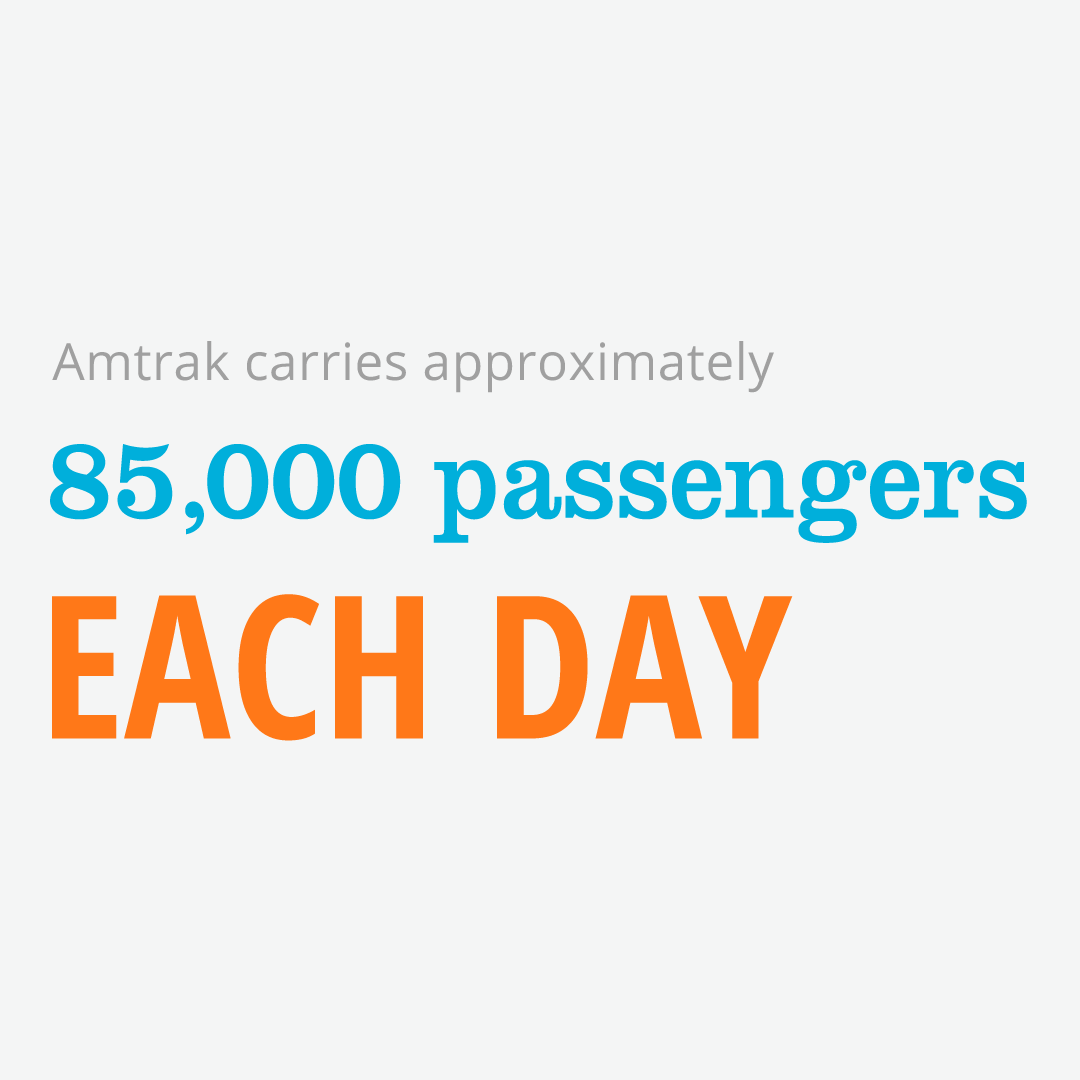This post was written by Caroline Sevier, ASCE Director of Government Relations
The full impacts of the 2022 election are not yet known, with many U.S. House elections still not called and control of the U.S. Senate possibly headed to a runoff election in Georgia. However, one thing that is clear is infrastructure once again proves to be a winner on the ballot. As has historically been the case, a majority of state and local infrastructure measures passed on Election Day, clearly demonstrating that voters support making investments that will improve our infrastructure and grow the economy. In fact, the American Road & Transportation Builders Association reports voters in 18 states approved 88 percent of the 380 state and local ballot initiatives dedicated to improving infrastructure across the country. To emphasize that point even further, all six House Republicans who ran for reelection after bucking their leadership and voting YES on the Infrastructure Investment and Jobs Act won their reelection bids on Tuesday.
So, what are some of the expected impacts on the nation’s infrastructure from the 2022 midterm elections?
Starting at the federal level, the next two years could see a split U.S. Congress with a possibility of Republicans taking control of the House, while Democrats maintain control of a 50-50 Senate. This congressional split will likely result in rigorous House oversight and investigations into core pieces of President Biden’s agenda, such as the Infrastructure Investment and Jobs Act (IIJA). Much of this oversight is expected to fall on the Department of Transportation, which still has over $300 billion from the IIJA authorized, but not yet appropriated. However, Republicans will not have enough of a majority to overturn turn any existing laws, like the Inflation Reduction Act, or override any Presidential vetoes. Going forward, ASCE will closely track appropriations related to the IIJA and infrastructure funding under the Inflation Reduction Act and will strongly urge Congress to appropriate all funding levels authorized by both pieces of legislation.
Next, if Republicans take control of the House, it will mean leadership changes across committees. Rep. Sam Graves (R-MO), the current Ranking Member of the House Transportation and Infrastructure Committee, is expected to step into the chairmanship. However, with the current Chair Peter DeFazio (D-OR) retiring, the top Democrat on the committee remains in question, with both Rep. Rick Larsen (D-WA) and Del. Eleanor Holmes Norton (D-DC) vying for the position.
In the Senate, if Democrats retain the majority, Sen. Carper (D-DE) will likely remain in the top slot at the Environment and Public Works Committee, while Sen. Cantwell (D-WA) would retain the gavel at the Commerce Committee. The incoming Ranking Member on Commerce would be Sen. Ted Cruz (R-TX). With FAA Reauthorization up in 2023, the Chair and Ranking Member will have a large impact in the drafting of that legislation.
Next, turning to state ballots, those that passed are expected to generate $20 billion in one time and recurring revenue for transportation improvement projects. These funds will help states and localities compete for IIJA competitive discretionary grants in the upcoming years. Among some of the key outcomes, Texas voters approved 114 measures, totaling $12.7 billion, the most of any state, while millionaire taxes to fund infrastructure in California and Massachusetts had mixed results. ASCE has a comprehensive breakdown for how ballot measures fared in our tracker, but below is a list of a few highlights.
State Measures
Alabama Amendment #2 – Passed – The state constitutional amendment passed with 78 percent approval and will allow local governments to use funding provided for broadband internet infrastructure under the American Rescue Plan Act (ARPA) and award such funds to public or private entities.
California Proposition 30 – Failed – This proposition would have increased the tax on income for those earning over $2 million. Eighty percent of the revenue would have supported zero-emissions vehicle infrastructure and purchases and would have targeted spending in disadvantaged communities.
Massachusetts Fair Share Amendment – Passed – The amendment will charge an additional tax on high income earners, directing revenue to modernizing transit and bridges throughout the state.
Local Measures
Arizona’s Pinal County Proposition 469 – Trailing – The measure would increase the county sales tax and raise over $1 billion to fund the county’s transportation connectivity plan over the next 20 years. Sixty-nine percent of the revenue would go to roadway projects and 31 percent to transit.
Denver Deserve Sidewalks – Passed – The initiative would raise half-million dollars each year and support the city’s work to rehabilitate and maintain its roadway network pavement.
Texas’ Brazos County Transportation Initiatives – Split – Brazos County asked voters to consider two transportation-related propositions that would help fund local road improvements. Proposition A, a $100 million bond that would help the county cover a portion of eight major road and bridge projects, passed comfortably. Meanwhile, Proposition B, which would have added a $10 fee to local vehicle registrations to help fund the county’s Regional Mobility Authority, failed by around 10,000 votes.
Carson City, Nevada Diesel Tax – Failed – Question 1, which asked residents to continue the locality’s 5-cent tax on diesel fuel, failed on Tuesday night. Continuing the tax was estimated to raise a half-million dollars annually to support the city’s work to rehabilitat























































